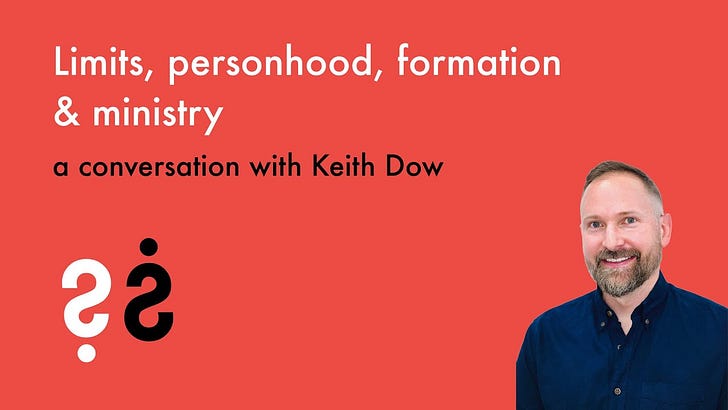Søren Kierkegaard heavily influenced Jacques Ellul’s work, so like Kierkegaard, Ellul has been criticized for a hyper-focus on the individual and an apparent lack of interest in communities, institutions, and societies. But as it is for Kierkegaard, so it is for Ellul. Appearances can be deceptive. Both thinkers focus on the status of the individual within communities, institutions, and societies that erode and eliminate individuals. As Ellul writes in the Technological Society,
A prodigious upheaval took place between 1850 and 1914 which convinced everyone of the excellence of a technical movement that could produce such marvels and alter human life. All this, Marx explained, presaged even better things and pointed to the road to follow. Fact and theory were for once in agreement. How could opinion resist?
Drawn by self-interest (the ideal of comfort, for instance), the masses went over to the side of technique; society was converted. A common will developed to exploit the possibilities of technique to the maximum, and groups of the most conflicting interests (state and individual, bourgeois and working class) united to hymn its praises. Literally everyone agreed on its excellence. True, after 1914, certain criticisms came from the intellectuals, but these were ineffective because they were usually beside the point—manifestations of vague idealism or sentimental humanitarianism.
In the middle of the nineteenth century, when technique had hardly begun to develop, [a] voice was raised in prophetic warning against it. The voice was Kierkegaard’s. But his warnings, solidly thought out though they were, and in the strongest sense of the word prophetic, were not heeded—for very different reasons. They were too close to the truth.1
As much as Kierkegaard and Ellul appear to be anti-social individualists, it is more accurate to say they are trying to inspire people to become aware of and resistant to communities, institutions, or societies that devalue people. For these reasons, I was excited to speak with Kierkegaard scholar Keith Dow in this conversation.
Keith works at a unique intersection of the academic, not-for-profit, and local church worlds—an intersection that, as you will discover, brings him into relationship with people who have intellectual and developmental disabilities. So, we spend a lot of time speaking about these worlds, how they do and don’t intersect, and what these intersections—or lack thereof—mean for the status of individuals, communities, institutions, and societies today.
With that in view, while the word disability does not appear in Kierkegaard or Ellul’s work in evident or significant ways, this conversation explores how attentive considerations of what most people call disability are enriched by Kierkegaard and Ellul’s work.
Bio
Dr. Keith Dow (PhD, Theology) has served with Karis Disability Services in Canada for almost two decades. He specializes in theology of care, grief and loss support, and conflict resolution training. Dr. Dow works alongside churches and service providers to celebrate the spiritual lives of people with intellectual and developmental disabilities (IDD). Author of Formed Together: Mystery, Narrative, and Virtue in Christian Caregiving (Baylor, 2021), he is a credentialed pastor with Be in Christ and a visiting researcher with Martin Luther University College. Keith lives just South of Ottawa, Ontario with his wife and three surprisingly delightful teenage children.
Links
Formed Together: Mystery, Narrative, and Virtue in Christian Caregiving
Images of God art exhibition launch
Jacques Ellul, Technological Society, trans. John Wilkinson (New York: Vintage Books, 1964), 55.





